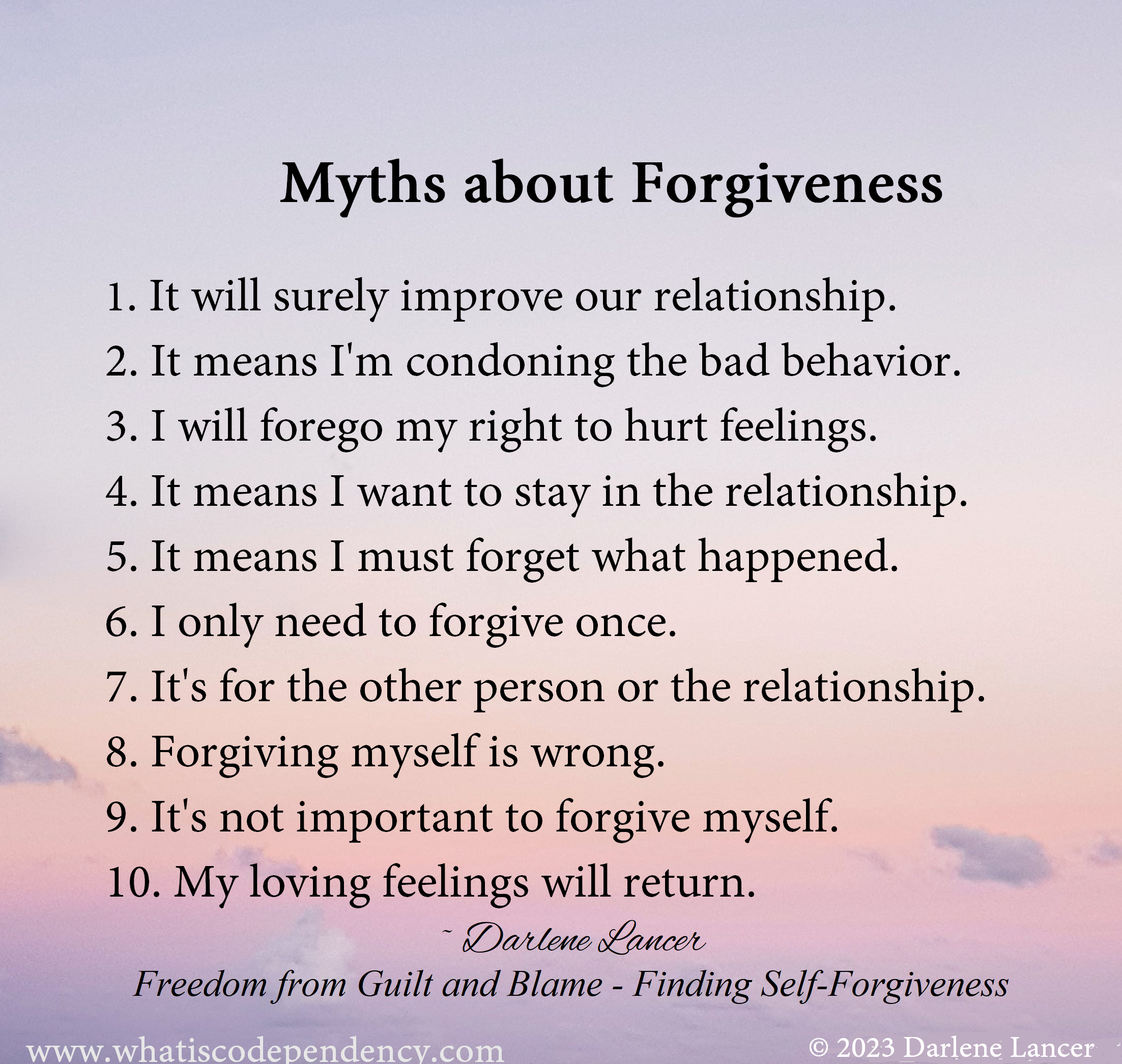Understanding the Steps to Forgive and How It Benefits Your Well-Being
Wiki Article
Comprehending the Importance of Mercy in Healing Relationships
Mercy is frequently watched as a simple act of letting go, yet its relevance in healing connections prolongs much past mere absolution. What remains to be revealed is the extensive impact forgiveness can have on private growth and common consistency.The Interpretation of Forgiveness
Although forgiveness is frequently viewed as a simple act of letting go, its meaning includes a complicated interaction of mental and psychological processes. At its core, mercy is the conscious decision to release sensations of resentment or revenge towards a specific or team that has triggered injury. This process is not merely regarding discharging the transgressor; rather, it involves an extensive emotional change that can lead to individual growth and healing.Forgiveness is complex, commonly characterized by an individual's inner battle to resolve their pain with the need for tranquility. It requires acknowledging the misdoings dedicated, processing the connected feelings, and eventually making an option to progress without the concern of displeasure. This selection commonly involves a cognitive change, where one reframes their understanding of the transgression and the criminal, allowing for empathy and comprehending to emerge.
Significantly, forgiveness does not indicate excusing the actions or failing to remember the offense; it is a deliberate act that focuses on emotional health. By defining mercy in this manner, we can value its role in helping with healthier connections and fostering psychological strength, setting the stage for much deeper exploration right into its advantages.
Emotional Advantages of Forgiveness
Mercy supplies substantial emotional benefits that can exceptionally influence a person's psychological health and total well-being. When a person chooses to forgive, they proactively release feelings of bitterness, bitterness, and rage, which can otherwise develop a hefty emotional concern. This launch frequently causes a reduction in tension and anxiousness, promoting a feeling of peace and psychological security.Moreover, forgiveness cultivates a raised capacity for empathy and concern. By comprehending the viewpoint of the offender, individuals can cultivate a much deeper emotional strength, which enhances their ability to deal with future challenges. This process not just boosts emotional policy yet likewise adds to a much more favorable outlook on life.
In addition, flexible others can reinforce one's self-confidence and self-regard. It allows individuals to redeem their individual power, damaging without the adverse cycles of victimhood - The importance of forgiveness. This newly found empowerment can cause much healthier psychological feedbacks and more powerful social connections
Mercy vs. Settlement
The distinction between forgiveness and reconciliation is critical in understanding the dynamics of recovery partnerships. Forgiveness is an inner procedure wherein an individual picks to allow go of bitterness and unfavorable feelings in the direction of someone who has created injury. It is mainly a personal journey, concentrated on psychological release and self-healing, permitting one to progress without lugging the problem of past grievances.On the other hand, reconciliation involves rebuilding and restoring the connection to a state of depend on and mutual regard. This procedure usually requires open communication, active participation from both events, and a dedication to resolving the underlying problems that resulted in the problem. While mercy can take place separately, settlement requires the willingness of both individuals to take part in discussion and pursue a shared understanding.
It is crucial to note that forgiveness does not always lead to settlement. An individual might forgive an additional without opting to bring back the partnership, especially if trust fund has been irrevocably damaged or if the connection is regarded unhealthy. Understanding this distinction enables people to browse their emotions efficiently and make informed choices concerning their partnerships.
Actions to Grow Mercy
Cultivating forgiveness is an intentional procedure that entails numerous essential steps targeted at promoting psychological healing. The primary step is acknowledging the pain triggered by the violation. Acknowledging The importance of forgiveness one's sensations is important, as it enables people to refine their feelings really.Next, reviewing the case and recognizing its influence can provide clarity. This representation should include analyzing the motivations behind the culprit's actions and acknowledging that everyone is imperfect.
The third action involves making a conscious decision to forgive. This choice is important, as it symbolizes a desire to allow go of bitterness and move on.
Consequently, expressing sensations in a constructive way can be helpful - The importance of forgiveness. Whether with journaling, speaking with a trusted buddy, or looking for therapy, articulation of feelings can help in the forgiveness trip
Real-Life Instances of Forgiveness

In an additional example, a dense group of pals encountered a substantial break after one participant inadvertently shared a private secret. As opposed to harboring resentment, the affected close friend determined to forgive, recognizing the relevance of valuing the relationship over the blunder. This choice urged open discussion and inevitably reinforced their link.

Conclusion
In conclusion, forgiveness plays an essential duty in the healing of relationships by promoting the launch of negative emotions and promoting compassion. By identifying in between mercy and reconciliation, individuals can engage in a useful process that improves psychological health.
Report this wiki page